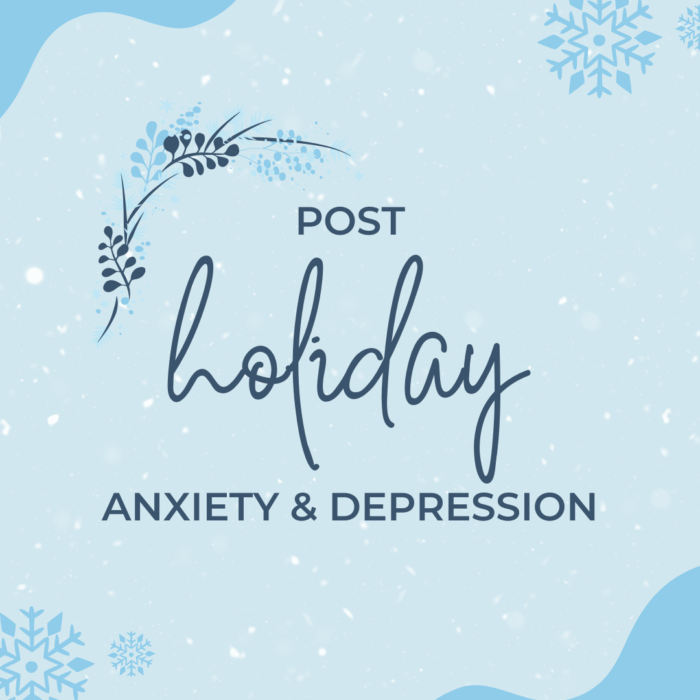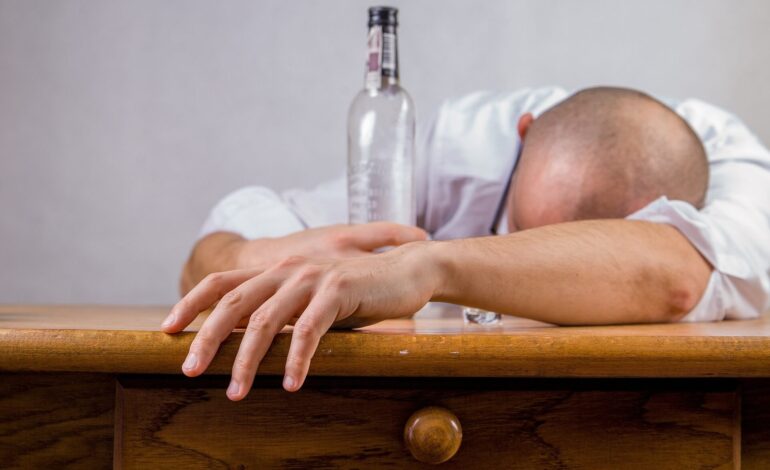With the cost of living crisis due to inflation and the lingering effects of COVID-19, returning to work after a holiday vacation can be stressful. For many, the holidays are a time to relax and unwind but coming out of the holiday season can be anxiety-provoking, especially if individuals are stressed about post-holiday finances, the upcoming tax season, and returning to a stressful or unhealthy work environment.
Many individuals experience mental health challenges such as anxiety and depression after the holidays. Scientists have studied the effect of religious holidays on individuals.
In a study called The Christmas Effect on Psychopathology, scientists conducted a literature search from 1980 to the present. They used the search terms “Christmas,” “suicide,” “depression,” “psychiatric disorders,” and “self-harm behavior.” It included studies from the U.S. as well as other countries.
They found a decrease in the overall utilization of psychiatric emergency services and admissions, self-harm behavior, and suicide attempts/completions during the holiday. But they found an increase, or a rebound, following the Christmas holiday, alluding to the fact that individuals struggle with their mental health post-holiday season.
Returning back to work can be anxiety provoking
Returning to a hectic work environment that previously induced exhaustion, stress, and anxiety can be overwhelming.
When taking time off during the holidays, some individuals can find it difficult to fully switch off their work mindset to let themselves relax. As a result, they can become more anxious thinking about the work that hasn’t been completed, what might be awaiting them when they return, bills that need to be paid, or projects that require input to be executed properly. Some individuals may even feel guilty for taking this time to themselves, believing they don’t deserve it or that it is somehow selfish for them to be away when others are still in the workplace.
Signs and symptoms of post-holiday anxiety
Disrupted sleeping pattern, trouble getting to sleep
Prolonged periods of worry and irrational thinking
Feelings of restlessness and irritability
Feeling unable to concentrate, stay present, or pay attention
Feeling jittery
Tiredness or fatigue
Self-medicating with comfort food, alcohol, or drugs
A knot in your stomach when thinking about work
Shaking/trembling
Dry mouth
Sweating
A pounding/racing heart
Post-holiday financial stress
Many individuals become avoidant of financial issues when stressed but continue to spend in excess and then “hope” everything will be okay. This financial stress can cause a lot of pent-up anxiety and even trigger depression. This avoidant and fear-based mindset makes sense, given that when individuals are anxious, they often avoid the root cause of the stressor (in this case, their bank accounts). Instead, look at your account and set a budget, which will help you approach the post-holiday financial stress from a realistic lens.
Assess your current financial state: Calculate your bills and how much you owe so you can make a plan.
Create a budget: Look at your income, your monthly bills, your debt, and how much money you want to save. Then, use a spreadsheet or an app to track how to allocate your money to pay bills and pay off debt, and any leftover money can be allocated for saving, investing, and spending.
Payback debt: One of the biggest stressors of post-holiday financial stress is holiday debt. In fact, 36% of consumers went into debt this holiday season, owing an average of $1,249, which can be difficult to manage on top of your other bills. If you have any debt, make an organized plan to pay it off as soon as possible to avoid additional fees and interest while paying back high-interest debt first.
If you are experiencing any post-holiday stress, anxiety, or depression, either from financial stress or returning to work, know that you are not alone. It is important to take care of yourself. Take time out of the day to nourish your body, sleep, exercise, and spend time with loved ones. Staying in a constant cycle of stress can wear you down, leading to urges to drink, misuse drugs or binge eat as poor coping mechanisms to deal with post-holiday stress.
If you feel you are struggling with a mental health disorder or an addiction, it may be wise to seek professional help to make a formal diagnosis and formulate a treatment plan.
AKUA Mind and Body is a full-service addiction and mental health treatment center with locations across California. We specialize in treating individuals struggling with alcohol use disorder and co-occurring disorders. We offer MAT combined with psychotherapy approaches at all care levels, from residential to outpatient treatment. We pride ourselves on having a compassionate and knowledgeable treatment staff who cares about each client and family.




